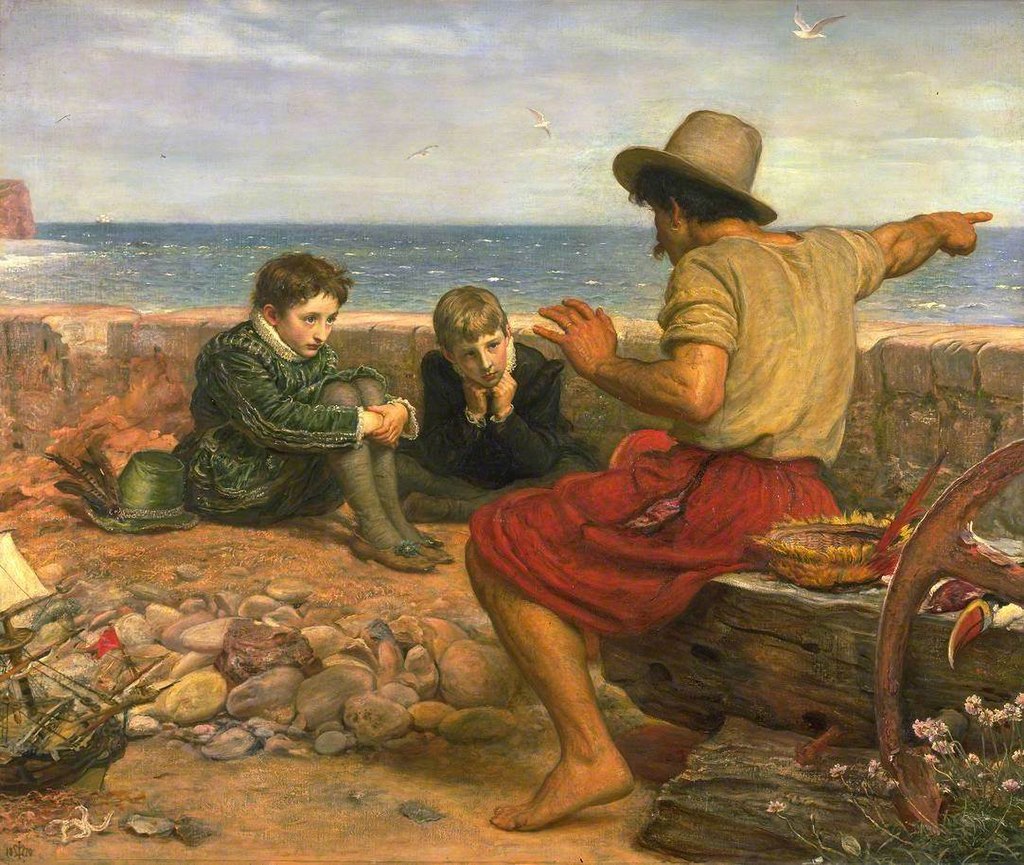The Enduring Significance of Folklore: Exploring Cultural Values and Identity Through Stories Passed Down for Generations
Posted on: 2021-04-22

If we understand and escape the reality with poems, we exaggerate the escape with Folklores. For centuries we have been coming together, gathering around fire to tell each other our own experience. Moreover, we gather to gather stories from each other, Folklore are stories which have grown on the fantasy that is added by every person who passed it on to another. This exchange has happened for centuries and millions and billions of times. Every person tells a story differently, as every person has a different story and way of relating to the world.
Folklore has been an integral part of any human culture for a long time. Composed of Myths, Legends and Heroes passed down from generation to generation. Along with the purpose of entertainment folklore holds a sense of sharing values, beliefs and customs. They not only offer a world of fantasy but also deliver harsh realities of life concomitantly. Reality would be difficult to digest otherwise wrapped in a story as if it is happening to someone else, and we are merely witnessing it. There ache can be our own seen from a distance and released. In this sense, Folklore is a therapeutic device used by our ancestors. Folktales are stories that play vital roles in moral lessons and cultural identity of a society. Hence it is crucial to understand the mechanics and lesser known facts about Folktales.
- Folklores are not limited to oral traditions. They are also passed down to generations in the form of songs and dance. For instance many dances in India use gestures to symbolise words, meaning and events to communicate. These dances are stories that are not communicated verbally but through gestures.
- Folklore is not merely for Children. In fact, many folklore explore adult themes like hunting, ghosts, spirits and human relations. Folklore is inclusive. They are for everyone who has ears to hear and understand the core message. Moreover, to understand their part in the story and in the society.
- As said before, Folklore is not just for entertainment. They serve as a means of transmitting cultural values, Beliefs and practices from one generation to another.
- Folklore is not limited to one culture or region. It is interesting to see that almost all the cultures on the planet have folklore reflecting the unique cultural identity and value of the community.
- Folklores can change over a period of time. They are adapted and modified to reflect change in cultural values and social contexts. Hence it is interesting to see how the old versions of folklore and tales are different from how they are showcased today on television and cinema. Various cultures could also have different versions of the same folklore.
- Folklores have an imprint of history on them. They tell much about the time in which they were created. Historical events and social issues are intertwined in Folklores.
- Although Folklore uses the vehicle tradition to spread and survive; it also serves as a vehicle of change and challenging the social norms. Folklore can also be used to promote change and social reform.
- Folklore can be a means of cultural resistance. It can be used as a means of resisting cultural assimilation and maintaining a distinct cultural identity in the face of cultural oppression and marginalisation.
In conclusion, the significance of folklore in different cultures cannot be overstated. Folklore plays a vital role in shaping our understanding of the world and our place in it. By exploring lesser-known stories, we can gain a deeper understanding of the values, beliefs, and customs of different cultures, and the ways in which they are reflected in the stories they tell.
